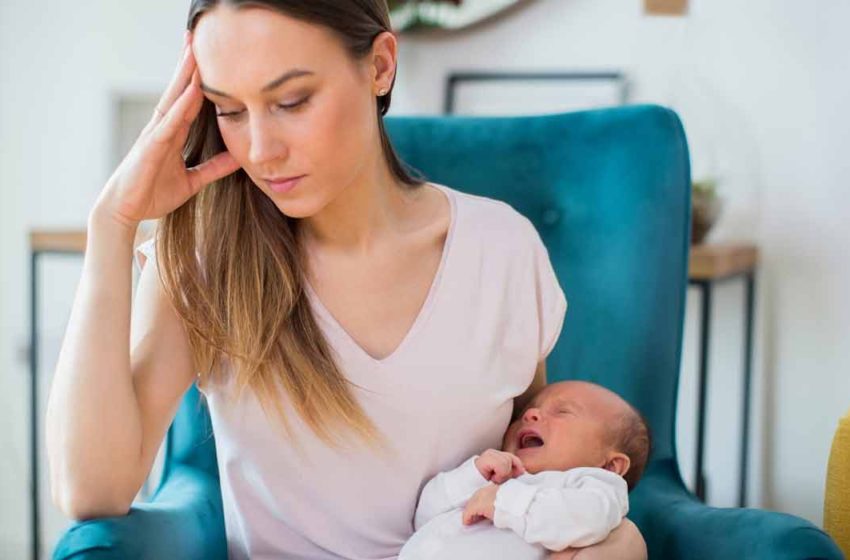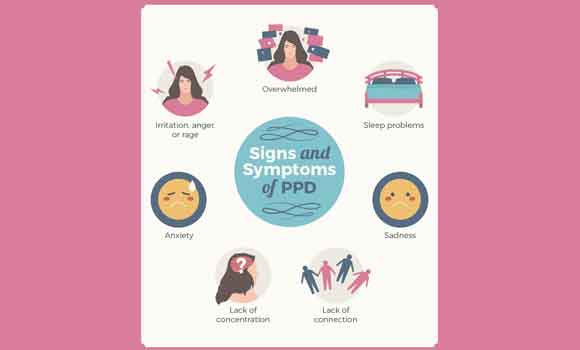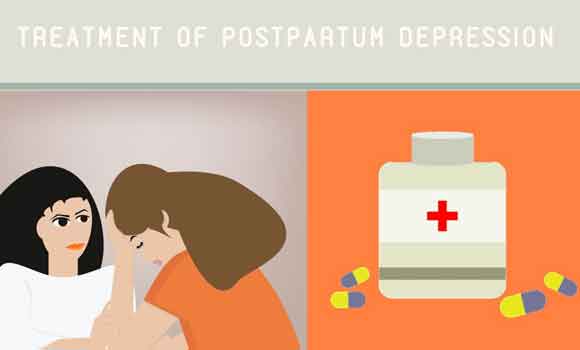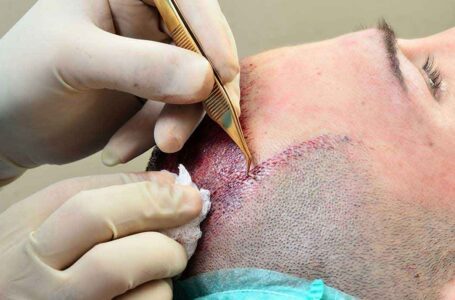What Is Postpartum Depression – Symptoms, Causes, Diagnosis & Treatment

Giving birth to a baby is undoubtedly an overwhelming experience for a mother. A new mother goes through a plethora of emotions like happiness, sadness, stress, anxiety, fear, and mood swings, etc. Most of the new mothers start experiencing such feelings after 2-3 days of childbirth until 2 weeks. While many women experience mild symptoms, others might have to go through severe symptoms of depression for a longer period. Such symptoms are defined as ‘baby blues’, which may exhibit extreme signs of worry, crying spells, insomnia, and mood swings. This condition is known as postpartum depression (PPD).
Let’s explore in detail what is postpartum depression and what are the symptoms of postpartum depression.
What Is Postpartum Depression (PPD)?

PPD refers to the chronic depression experienced by new mothers after 2-3 days of childbirth. In medical terms, it is the social, mental, and chemical changes experienced by new moms after giving birth to a baby. During pregnancy, the levels of various hormones like estrogen and progesterone increase exponentially due to various reasons. But after childbirth, these levels suddenly drop back to the normal non-pregnant state. This abrupt change in the hormonal levels is one of the known reasons for PPD.
Main Causes Of Postpartum Depression
Here are some of the most common causes of postpartum depression.
- Pre-pregnancy depression history
- Depression during pregnancy
- Pregnancy at a young age
- Dilemma about pregnancy
- Having given birth to many children before
- Unsupportive family & friends
- Single Mother
- Marital Problems with partner
- Family history of depression with family member
Signs Of Postpartum Depression

The signs of baby blues are very much similar to that of PPD with various symptoms. Thus, it is very essential to get a checkup done by a medical professional. Furthermore, here are some of the most common symptoms of postpartum depression in new mothers to help you out.
- Mood swings
- Inability to build a mother-like bond with the newborn
- Doubting yourself about being a good mother
- Too much worry
- Agitation
- Suicidal thoughts
- Thoughts about hurting the baby
- Excessive Grief
- Very bad temper
- Overwhelming feelings
- Over-crying
- Lack of attention
- Not feeling hungry or feeling too much hungry
- Insomnia or excess sleep
- Cutting social ties
- Excessive tiredness
- Panic attacks
- Feeling worthless & guilty
PPD Diagnosis
For the diagnosis of postpartum depression, a doctor recommend the suspected patient to answer a depression-testing questionnaire. The questionnaire is filled with questions about all the above-mentioned symptoms. For example, questions about sleep problems, anxiety, cry spells, suicidal thoughts, tiredness, and guilt feelings, etc. Along with this, the doctor also asks about mood swings and change in interests of the new mom to know more about paitent. Moreover, this method helps in ruling out the possibility of the new mother having baby-blues instead of PPD.
The severity of the depression depends on the number of symptoms being experienced by the patient. For example, 3-4 symptoms mean mild depression and more than 4 symptoms mean severe depression. The doctor may also recommend some blood tests to check the hormonal levels.
Treatment

As PPD is a psychological problem, immediate treatment is recommended for new mothers with these conditions. This is because the newborn needs proper care from a mother in the first few months of birth. According to the severity of the symptoms of postpartum depression, the treatments also vary. There are many different treatment options like anti-depressants, psychotherapy, cognitive therapy, and also support group therapy, etc.
If the case is very severe, then a new medicine named brexanolone might be injected in the veins. If the patient is suffering from postpartum psychosis, she has to be hospitalized and thereafter treated with special drugs.
The Bottom Line
So this was everything you need to know about postpartum depression including its symptoms, and treatment. If you are experiencing any of the above symptoms after pregnancy, then you should get in touch with a doctor immediately. PPD is a serious psychological condition but is medically treatable. Also, you can follow the below-mentioned tips to cope with depression after childbirth.
- Be socially active
- Share your thoughts with close ones
- Do exercise
- Do yoga & meditation
- Eat healthily
- Avoid caffeine and alcohol
- Spend time with family, especially with husband and baby
- Have proper sleep daily



